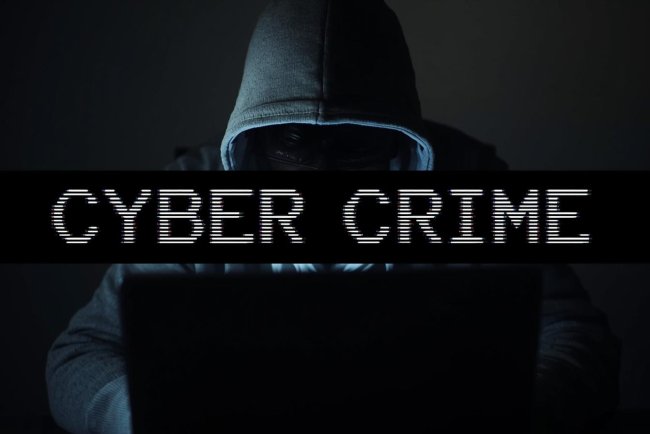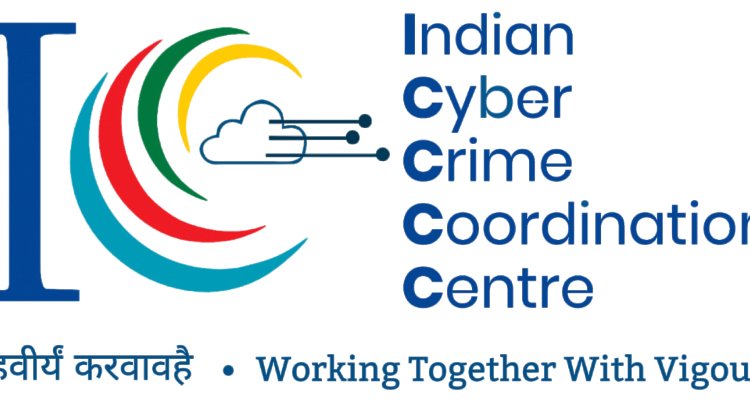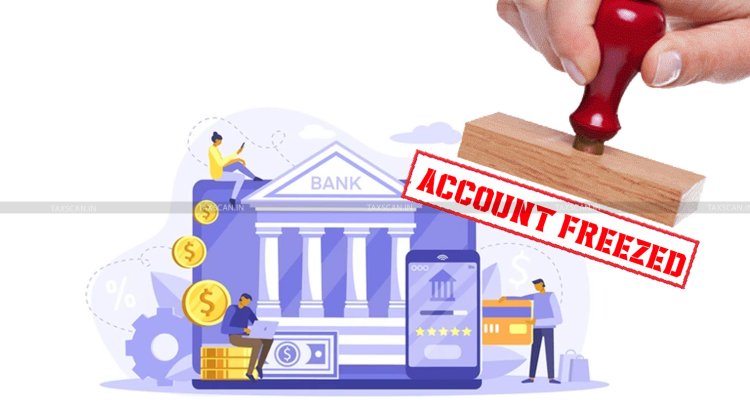In a novel cybercrime, individuals are falling victim to ‘digital arrest’ scams, where fraudsters impersonate customs officials and digitally monitor unsuspecting targets, extorting significant sums. A recent case involved a 23-year-old woman from Faridabad who lost Rs 2.5 lakh to cybercriminals employing this tactic. The fraudsters, posing as customs officers, convinced her of her involvement in a passport trafficking case, coercing her to pay Rs 15 lakh to avoid ‘digital arrest.’ The victim coerced into transferring Rs 2.5 lakh, was warned not to log off Skype during the ordeal. Law enforcement authorities are treating this unique cyber fraud case seriously, emphasizing the need for investigation.
All about Digital Arrest Scam
The ‘Digital Arrest Scam’ is a cybercrime tactic where fraudsters impersonate law enforcement officials, often customs officers or police personnel, to deceive individuals into believing they are facing imminent digital arrest for fabricated legal violations. Perpetrators use digital communication methods, such as video messages or video calls, to create a sense of urgency and fear. The scam involves manipulating victims with false evidence, threatening language and demands for significant payments to avoid supposed legal consequences.
Here’s How You Can Stay Safe
Stay Informed
Be aware of common scams and tactics used by fraudsters, including digital arrest scams. Stay informed about the latest cybersecurity threats.
Verify Caller Identity
If you receive a call or message from someone claiming to be a law enforcement officer, verify their identity by asking for their official credentials and contact information. Legitimate officials will provide this information.
Don't Panic
Stay calm and question the legitimacy of the situation. Genuine legal matters are typically handled through formal procedures, not immediate threats.
Never Share Personal Information
Avoid sharing personal or financial information, such as Social Security numbers, bank details, or passwords, with unknown or unverified individuals.
Double-Check Claims
If you are informed about legal allegations, independently verify the information. Contact your local law enforcement agency or legal authorities through official channels to confirm the authenticity of any claims.
Use Official Channels
Legitimate law enforcement agencies communicate through official channels. If in doubt, independently contact the relevant agency using publicly available contact information.
Educate Yourself
Familiarize yourself with common signs of scams, such as unsolicited calls demanding money, threats of immediate legal action, and requests for payment via unconventional methods.

























